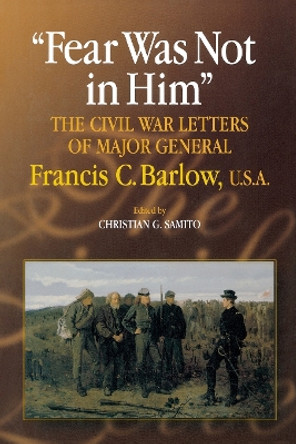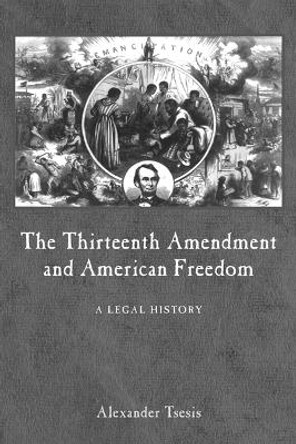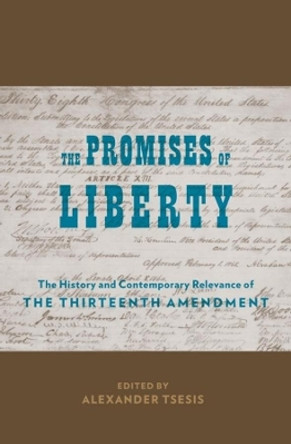Description
For most of his political career, Samito shows, Lincoln disputed chang ing the constitution, even to overturn rulings with which he disagreed. Well into his presidency, he argued that emancipation could take place only on the state level because the federal gov ernment had no jurisdiction to control slavery in the states. Between Janu ary 1863 and mid-1864, however, Lin coln came to support a constitutional amendment to abolish slavery because it worked within the constitutional structure and preserved key compo nents of American constitutionalism in the face of Radical Republican schemes.
Samito chronicles lobbying efforts, the final vote in the House on the amend ment resolution, and various charges of corruption and back-room deals. He also considers the Hampton Roads conference, Lincoln's own thoughts on the meaning of the amendment, and the impact of Lincoln's assassination on the reading of the amendment. Closing with a lively discussion that applies the Thir teenth Amendment to current events, this concise yet comprehensive volume demonstrates how the constitutional change Lincoln helped bring about con tinues to be relevant today.
About the Author
Christian G. Samito practices law in Boston and teaches legal and con stitutional history seminars at Boston University School of Law, USA. He is the author of Becoming American under Fire: Irish Americans, African Americans, and the Politics of Citizenship during the Civil War Era. He edited Changes in Law and Society during the Civil War and Reconstruction: A Legal History Documentary Reader, two Civil War letter collections, and a reprinting of a nineteenth-century regimental history.
Book Information
ISBN 9780809334247
Author Christian G. Samito
Format Hardback
Page Count 176
Imprint Southern Illinois University Press
Publisher Southern Illinois University Press
Weight(grams) 334g







